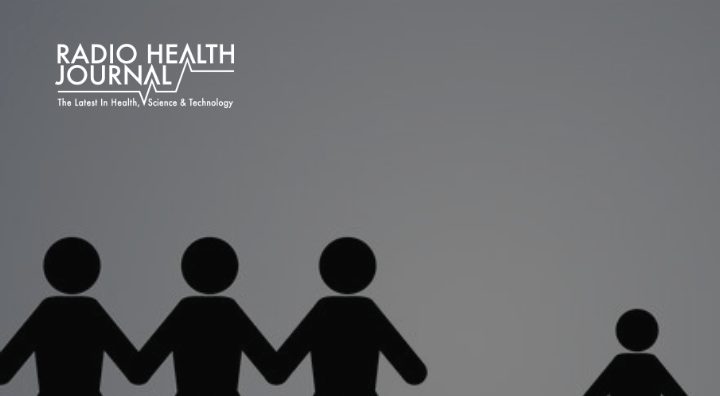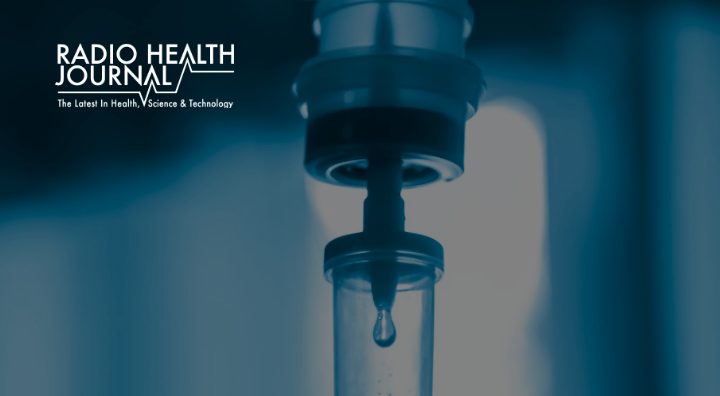We all know that doctors endure years and years of schooling and training in order to learn how to diagnose their patients and provide them with the best care. But, studies have shown that many doctors tend to miss details about other aspects of a patient’s life that can also have an affect on their wellbeing. Dr. Saul Jeremy Weiner, Professor of Medicine, Pediatrics & Medical Education at University of Illinois and co-author of Listening For What Matters: Avoiding Contextual Errors in Health Care, explains that patients will make important comments that do not necessarily pertain to their symptoms, but that this information is often overlooked despite being critical for a doctor to understand in order to provide the patient with an effective care plan. But, what is the overall impact of this on the patient?
Dr. Weiner and Dr. Alan Schwartz, Michael Reese Endowed Professor of Medical Education at University of Illinois, Chicago, and co-author, Listening For What Matters: Avoiding Contextual Errors in Health Care, have done their own research that has shown the effects of doctor’s that are too focused on the biomedical details in providing care for patients. Dr. Schwartz explains that the results of their research showed that doctors who address the patient’s personal life were able to provide a much more successful care plan for the patient. Furthermore, the study also showed that the cost of healthcare for the patient increased when the doctor was too concerned with the science of the diagnosis. In order to have the most successful outcome without increasing the cost of healthcare, doctors must address more than just the patient’s biomedical symptoms.
So, how can doctors learn to listen to their patients more efficiently? Dr. Weiner suggests using an approach commonly used in other industries: mystery shoppers. In the medical field, a mystery shopper is an unannounced standardized patient that is trained to go into a physician’s office and provide data to help identify problems–a tool that many doctors have found to be helpful in improving their practice. Dr. Schwartz states that by investing in improving contextual care doctor’s will be able to provide better care for their patients and decrease the cost of healthcare, too. However, all patients and employees in the medical field must be willing to undertake these methods and procedures in regular practice in order to improve the overall experience for everybody.
Guest Information:
- Dr. Saul Weiner, Professor of Medicine, Pediatrics & Medical Education at University of Illinois and co-author of Listening For What Matters: Avoiding Contextual Errors in Health Care
- Dr. Alan Schwartz, Michael Reese Endowed Professor of Medical Education at University of Illinois, Chicago, and co-author of Listening For What Matters: Avoiding Contextual Errors in Health Care











Leave a Reply